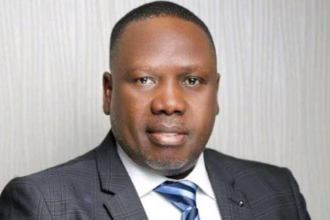Nigeria’s designation of the Indigenous People of Biafra (IPOB) as a terrorist organization has finally been accepted by the UK government on Thursday.
This decision was taken by the UK Visas and Immigration (UKVI), a division of the British Home Office.
ATTENTION: Click “HERE” to join our WhatsApp group and receive News updates directly on your WhatsApp!
The UKVI issued new guidelines to its decision-makers last year on how to examine and award IPOB asylum applications.
However, the UKVI reversed its position in a recent website update.
“IPOB is proscribed as a terrorist group by the Nigerian government, and members of the group and its paramilitary wing – the Eastern Security Network (created in December 2020) – have reportedly committed human rights violations in Nigeria,” UKVI said in its policy notes.
“MASSOB has been banned, but is not a proscribed terrorist group in Nigeria. It too has reportedly been involved in violent clashes with the authorities.
“If a person has been involved with IPOB (and/or an affiliated group), MASSOB or any other ‘Biafran’ group that incites or uses violence to achieve its aims, decision makers must consider whether one (or more) of the exclusion clauses under the Refugee Convention is applicable.
“Persons who commit human rights violations must not be granted asylum.”
Decision makers must also verify if there has been a previous application for a UK visa or another form of leave, according to the guidelines, with asylum applications matched to visas being checked before the asylum interview.
Establishing a convention reason, according to the British government, is insufficient to be recognized as a refugee.
The body said that in order for an asylum application to be successful, decision-makers must consider each case on its own facts, including the legal status, profile, size, and organization of the group/organisation to which the person belongs and its activities; whether a person in the UK would wish to continue their activism if returned to Nigeria (if not, why not); and whether the group/organisation has a presence in Nigeria as well as outside the country, and any evidence that it does.
Other factors to consider are the person’s profile and political activities (including those conducted online) as well as relevant documentary or other evidence; family members’ profiles and activities; past treatment of the person; and evidence that their activities in the UK may have come to the attention of Nigerian security agencies.

